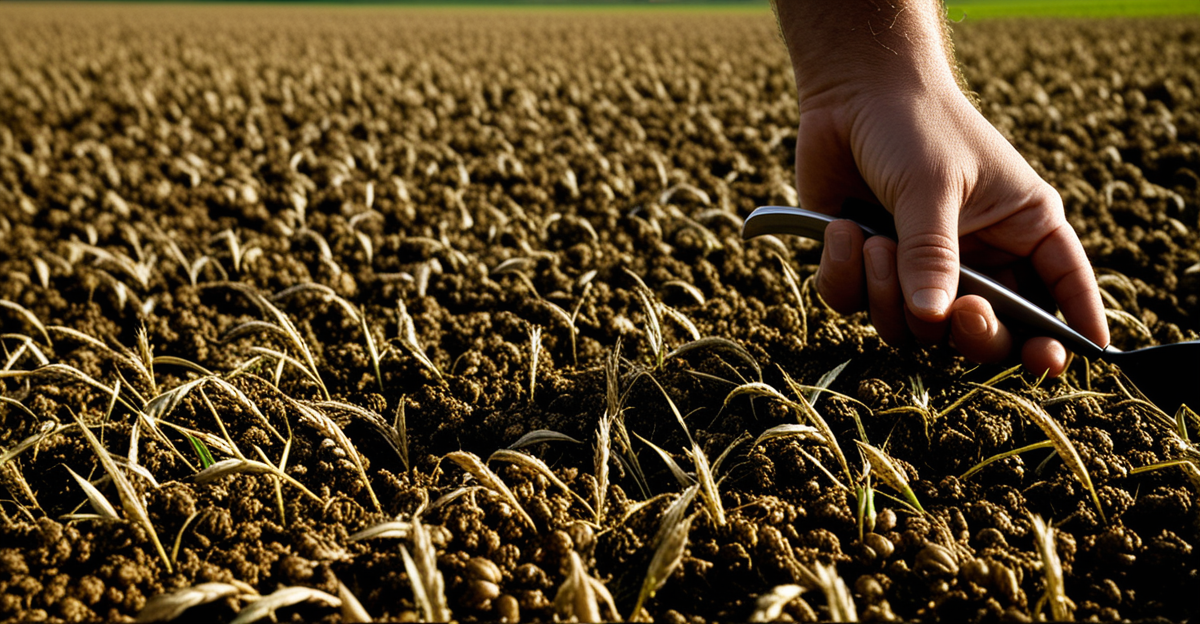Recent UK Technological Advancements in Agriculture
The UK agricultural technology landscape is rapidly evolving, driven by digital farming UK initiatives that enhance precision and efficiency. Precision agriculture UK tools such as GPS-guided tractors and variable rate applicators allow farmers to optimize inputs precisely, reducing waste and boosting productivity. These technologies improve crop management by enabling targeted treatment of crops, which leads to healthier yields and lower costs.
Robotics and automation are becoming integral to UK farms, addressing labor shortages and enhancing operational efficiency. Automated machinery handles repetitive tasks like planting and harvesting with superior accuracy and speed. This shift toward automation is a key part of digital farming UK strategies aimed at modernizing the sector.
Also to read : What role do UK tech companies play in environmental sustainability?
Artificial intelligence and data analytics play a crucial role in decision-making. By analyzing real-time field data, AI-driven platforms support farmers in predicting crop health, pest outbreaks, and soil conditions. These insights empower farmers to make informed decisions quickly, increasing resilience and sustainability in the face of environmental challenges. Collectively, these advancements characterize modern precision agriculture UK approaches that are transforming traditional farming into smart, tech-enabled ventures.
Notable UK Startups and Leading Innovators
Exploring agri-tech UK startups reveals dynamic efforts reshaping British farming through innovation. Leading UK agri-tech companies focus on developing solutions such as automated crop monitoring drones, AI-powered soil sensors, and robotic weeders that enhance precision and reduce manual labor. These pioneers combine cutting-edge technology with local expertise to tailor offerings specifically for the UK agricultural environment.
Also read : How is the UK leveraging technology to enhance public transportation systems?
Collaboration between research institutions and farmers accelerates practical adoption and refinement. Universities and agribusinesses co-develop tools that address real-world challenges, ensuring the technology fits operational needs. For example, partnerships have produced machine learning models that predict crop diseases well before visible symptoms occur, saving time and resources.
Government-backed projects further drive uptake by funding innovation, supporting pilot programs, and facilitating knowledge transfer. These initiatives create an ecosystem where startups can thrive and farmers can experiment with new approaches with reduced financial risk. Together, British agri-innovation, agri-tech UK startups, and UK agri-tech companies form a robust network fueling the ongoing modernization of UK agriculture.
Practical Impacts on Productivity and Sustainability
The integration of agri-tech in sustainable agriculture UK is transforming farm productivity UK while minimizing environmental impact. Advanced precision agriculture UK tools enable targeted use of water, fertilizers, and pesticides, which not only boosts crop yields but also reduces waste. These precise interventions help maintain soil health and conserve natural resources, essential for sustainable agriculture UK.
Technology directly supports biodiversity by limiting chemical overuse and encouraging crop rotation informed by data analytics. This creates balanced ecosystems, benefiting both plants and pollinators. Moreover, farm productivity UK improves as AI-driven platforms predict crop stress early, allowing timely actions that prevent losses and ensure consistent output.
The environmental impact of agri-tech is also visible in reduced greenhouse gas emissions, as automated machinery optimizes fuel use and reduces field passes. By supporting sustainable agriculture UK practices, these technologies help farms meet climate targets without sacrificing efficiency.
In summary, precision agriculture UK, supported by digital farming UK initiatives, demonstrates that improved productivity and a lower environmental footprint can coexist. This balance is pivotal for the future of UK farming, promoting resilient and eco-friendly food production.
Future Trends in UK Agricultural Technology
The future of UK agri-tech promises accelerated integration of advanced robotics, AI, and IoT technologies across farming systems. Emerging technologies in agriculture UK are expected to refine precision and automation beyond current capabilities, pushing innovation in British farming toward smarter, fully connected farms. For example, next-generation robotic systems will perform complex tasks like selective harvesting with enhanced dexterity, reducing labor dependency further.
Expansion of digital platforms is another key trend. Seamless farm connectivity using IoT devices will enable real-time monitoring of crop health, soil conditions, and machinery status. Such integration supports data-driven decisions that optimize farm productivity and resource use, embodying the principles of digital farming UK.
Regulatory frameworks and market forces will play a significant role in shaping tech adoption. Increased emphasis on environmental standards will encourage solutions that promote sustainability alongside productivity. Government incentives and evolving export demands may accelerate innovations developed by UK agri-tech companies to ensure competitiveness.
Together, these trends indicate technology adoption in UK agriculture will deepen, driven by smarter machines, enhanced data analytics, and robust digital ecosystems, shaping the future landscape of farming in the UK.






